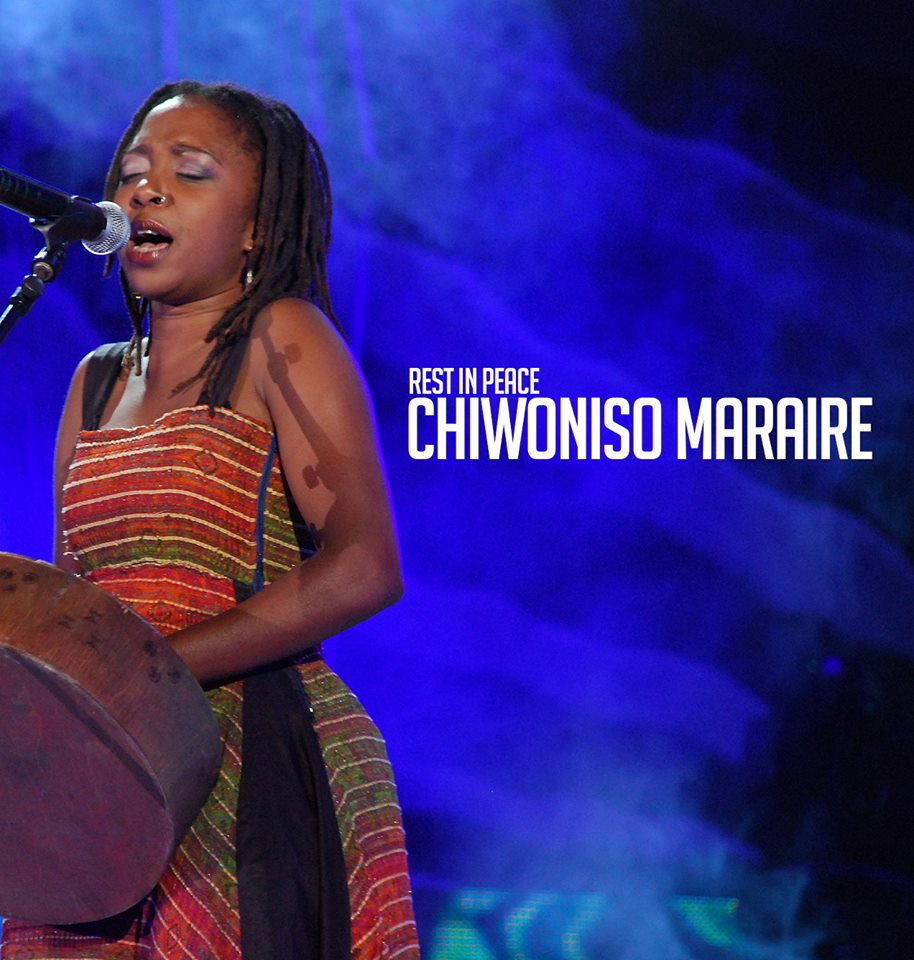First, you have to cab out of Indiranagar, the neighbourhood stamped with Bangalore’s badge of coolness, to Kammanahalli, the one that’s actually cool, as the people on its streets and the food at its tables indicate. Second, it would help if you look like us, a bunch of long-term India residents who might nonetheless be easily mistaken for casting call at a Benetton ad. (We are Malaysian-Indian, North-Eastern, Chinese-Nepali, Tanzanian-Malayali; your writer is Nigerian-Malayali-Nepali.)
We are hunting for Lounge 579, a club whose Bangalore legend is founded on the whisper that it’s the place to “party like in Lagos.” Immigrant fortunes in Bangalore fluctuate quickly: by the time we’ve arrived, it has mutated into something called ‘Twins Party Hall,’ which looks like a wedding venue on the outside, and a dive on the inside.
We are hunting for Lounge 579, a club whose Bangalore legend is founded on the whisper that it’s the place to “party like in Lagos.”
Inside, the music thuds over our heads in bold bass beats, with lyrics that everyone else knows. If you’re thinking of coming here, a note: they won’t stop you at the door, but the tables are mostly reserved for the city’s African communities. For about five minutes, we are standing around awkwardly, ordering beers over a bar shaped like a ship. In the sixth minute, we push our chairs back, and everyone is dancing in the freed-up space. Through the night, the crowd swells, and the dancing gets more energetic. It seems like everyone has politely agreed to adjust, and yet be respectful of everyone else’s bodies.
Indeed, everything is done with politeness, and at arms’ length. “You’d be the same way if everyone simply stared at you all the time,” says Nana [not the gentlemen in the picture], a 32-year-old student of computer applications and a party promoter, of Ghanaian origin. Nana has been on the scene for a while; back home in Ghana, he worked on events, parties and fashion shows for seven years. “We stick together because it gives us a sense of community,” he says. “The clubs just don’t have the music we love, listen and dance to.”
Once night vision kicks in at Twins, a baroque landscape of Rubenesque angels and galloping horses becomes visible. It’s also clear that our ethnic identities matter much less than the fact that we’ve turned up in rags. Everyone else inside this club is tall, curvy and dressed like they looked at a Hood By Air editorial, then decided they could do better. Think flannel, bold prints, colour and patchwork; everything wondrously oversized and well-fitting.
That dream doesn’t have too many places where it can touch down in Bangalore, except for Twins, because of the discrimination faced by the community.
We hear a lot of Nigerian music, but Nana is quick to dispel the idea that it’s still Bangalore’s dominant African culture. “With a lot of other Africans also leaving home to study in Bangalore,” he says, “the music at the club is now predominantly Ghanaian, Congolese and Tanzanian”. Nana has heard–his word–that Tanzanian Bongo Flava artist Diamond Platnumz performed a secret gig in Bangalore three months ago. “I’m hoping to convince Ghanaian music artists to come here too,” he says.
That dream doesn’t have too many places where it can touch down in Bangalore, except for Twins, because of the discrimination faced by the community. On the business side of things, venues understand that hosting these parties benefits them. But they keep moving the finish line; Nana explains that it’s typical for bars to charge 300 bucks for a pint of beer and expect everyone to buy at least five bottles. This means he must pre-finance his parties, which doesn’t help him break even.
“Students can’t be expected to just study, they have to have fun too,” he says. “But they can’t afford these prices. Why do they have to charge a higher amount to Africans?”
The city’s existing climate of hostility to black people makes it easier for clubs to target young Africans. “They decide that we aren’t spending enough and suddenly threaten to call off the party and sometimes even call the police, who are more than willing to shut it down,” Nana says. There’s nowhere to complain, and the parties continue to happen at the few places that will have them.
Source: Brown Paper Bag | The Congo Line: Partying While African In Bangalore



